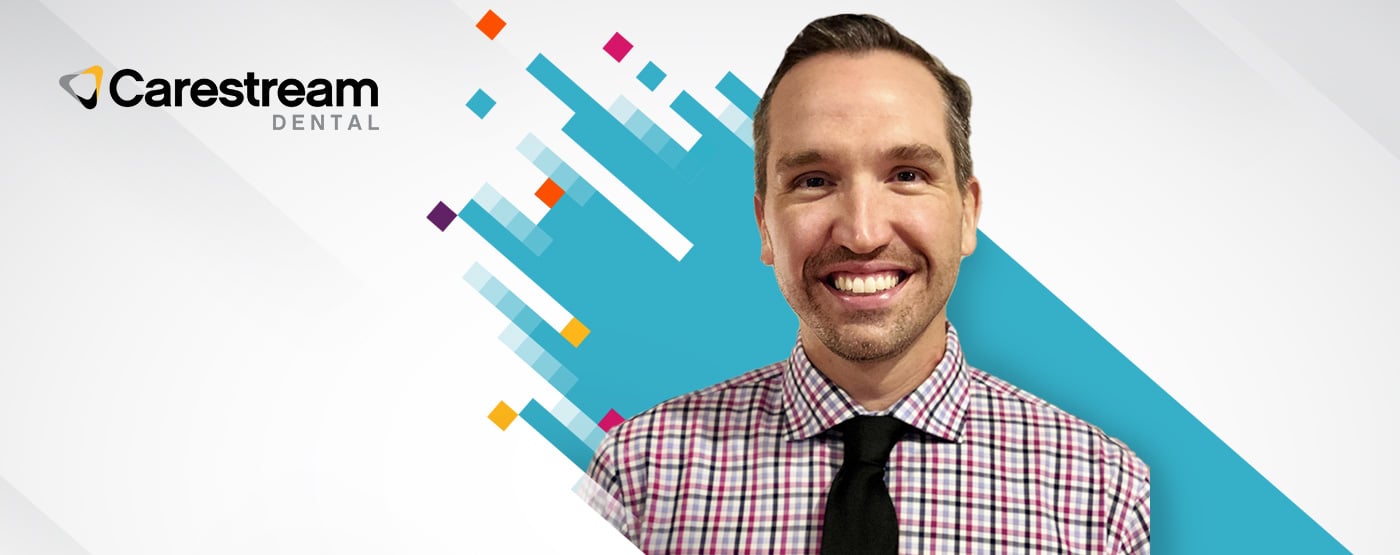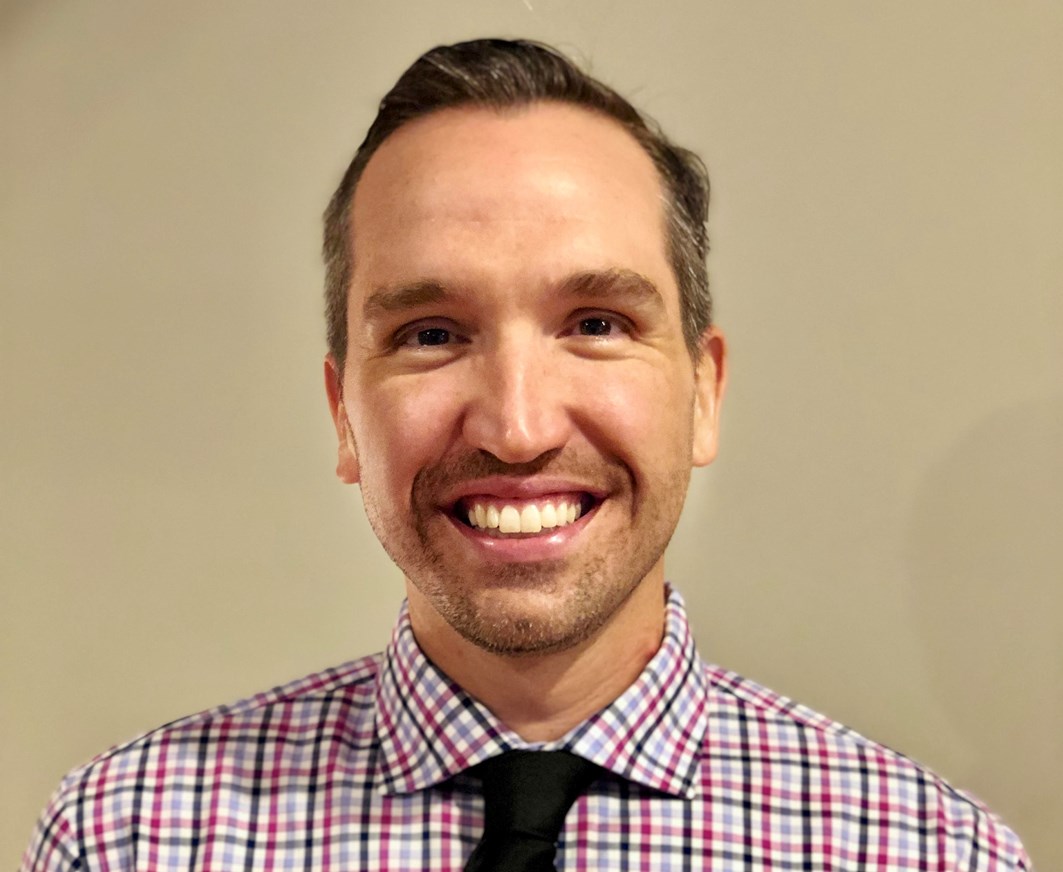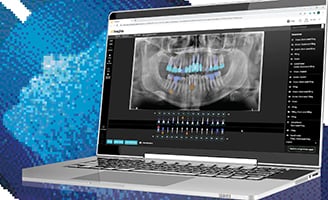Trends for 2023: More Intuitive, Less Invasive

As we look to 2023 and beyond, the biggest technology trends will offer doctors more convenience, making working smoother while eliminating the guesswork and more manual, labor-intensive work of dentistry. This technology will be powered by smarter, more intuitive software with the latest equipment, allowing doctors to perform more advanced procedures and offer more in-house services and care.
Software
We’re sure to see even more integration of artificial intelligence (AI) into every aspect of the dental practice, from imaging to computer-aided design. That’s not just a prediction for 2023, but beyond and over the course of the next two or more years. Oral healthcare professionals are already getting a taste of it—for instance, the software of the CS 9600 automatically detects and traces the Frankfort plane to reduce the risk of the most common positioning mistakes, saving time and limiting the need for retakes.
As AI technology becomes even more prevalent, it will soon be used to help analyze the images themselves. An automated review of scans or 2D X-rays could highlight areas of concern; predict caries or pathology; or help track orthodontic cases better. While AI won’t replace the need for doctors—though I wouldn’t mind a robot that will handle fillings—the use of these algorithms will save time for practitioners, acting as a second opinion on scans and giving them greater confidence in their diagnoses.
Equipment
Technology carries over to equipment. My digital practice wouldn’t be possible without my in-house lab, and 3D printing is rapidly advancing. In 2023, we’re sure to see subtractive manufacturing or milling shift to more additive 3D printing, capable of custom hydroxy appetite, bone graft scaffolds and more. I’m also excited to see lasers do remarkable things, like reversing white spot lesions and incipient decay, as opposed to using sealants and fluoride.
Ultimately, we’ll see innovation that will make density more intuitive for practitioners and less invasive for patients. The future is very bright and that extends to not just the practice but the patient experience and outcomes.
About Dr. Wimmer
Dr. Matthew Wimmer achieved a degree in biomedical engineering from Marquette University and attended dental school at Tufts University. He is passionate about the surgical and laboratory side of dentistry.
Contributors

Categories
- Blog
- Practice Management
- Carestream Dental
- Company News
- Tips and Best Practices
Share





